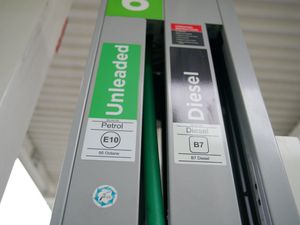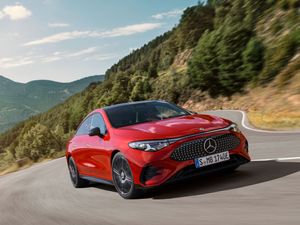Timekeeping tips for this bank holiday weekend
This bank holiday could say as many as 16 million drivers hit the roads.
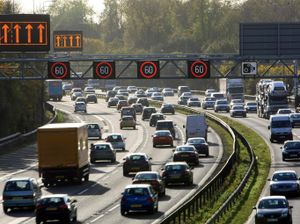
As we enter May, the first weekend of the month is a bank holiday and we all know what that means – the roads will be jammed full of everyone else doing the same thing.
It’s predicted that as many as 16 million drivers will be hitting the roads this weekend with Friday being the busiest day for travelling.
Whether you’re going out just for a day or spending time with friends and family, you want to make sure that you arrive at your destination in enough time and be prepared, too.
No one likes to turn up to their destination late, behind schedule or even worse of all – never at all.
But, there are many things you can do to prevent any of these occurrences happening if you plan and manage your time wisely – especially if you’re planning on a trip away this bank holiday weekend.
Here is our guide on how to manage your travelling time when you’re out and about this weekend.
Plan your route
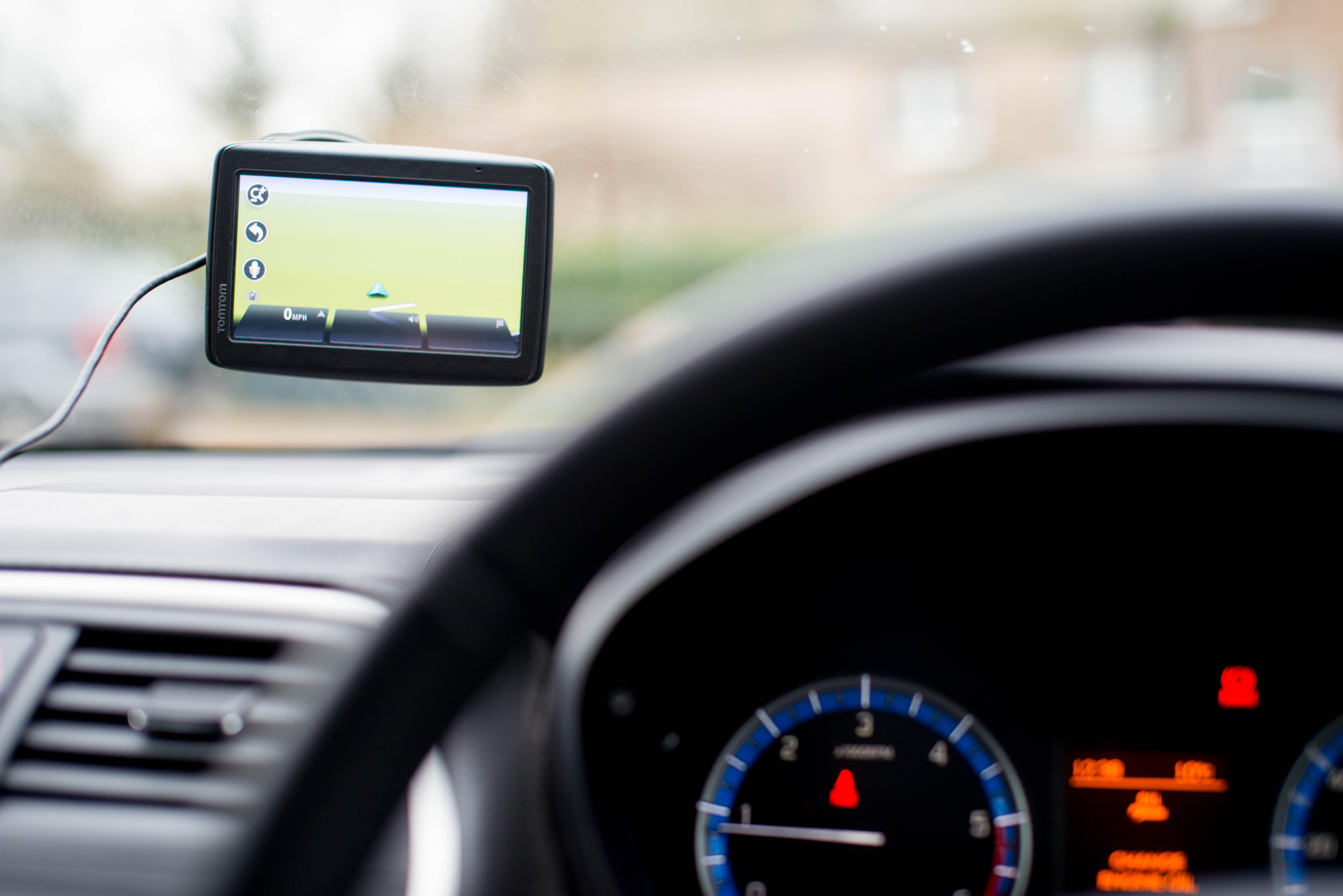
This might sound harder than it is, but planning your route can save you a whole load of headaches when driving during peak times.
Online mapping services can help to suggest the best possible route, though just be wary of some suggestions – these apps can often be telling all its users to head in the same direction, resulting in bottlenecks. You may still be better taking the ‘normal’ route.
Planning your route before heading off is much more time efficient as it gives you a clearer outlook into your journey.
Check the weather forecast and see what type of conditions you’ll be driving in, if it’s wet and windy, always set off earlier as the roads are usually busier when torrential rain is upon us.
Travel the day before
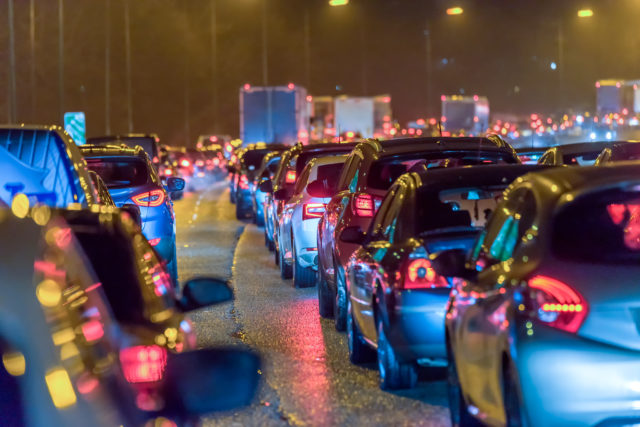
If you’re travelling further afield and you know that you’re staying in accommodation, it might be wise to head up the night before as this will mean you’ll miss all of the rush hour times – whether that be early evening or early morning.
Staying in a hotel might be a great alternative as it will give you a head start. Not only that, but you’ll have somewhere to sleep, have facilities and you can carry on with your journey further ahead than already planned.
Make sure you have a full tank of fuel
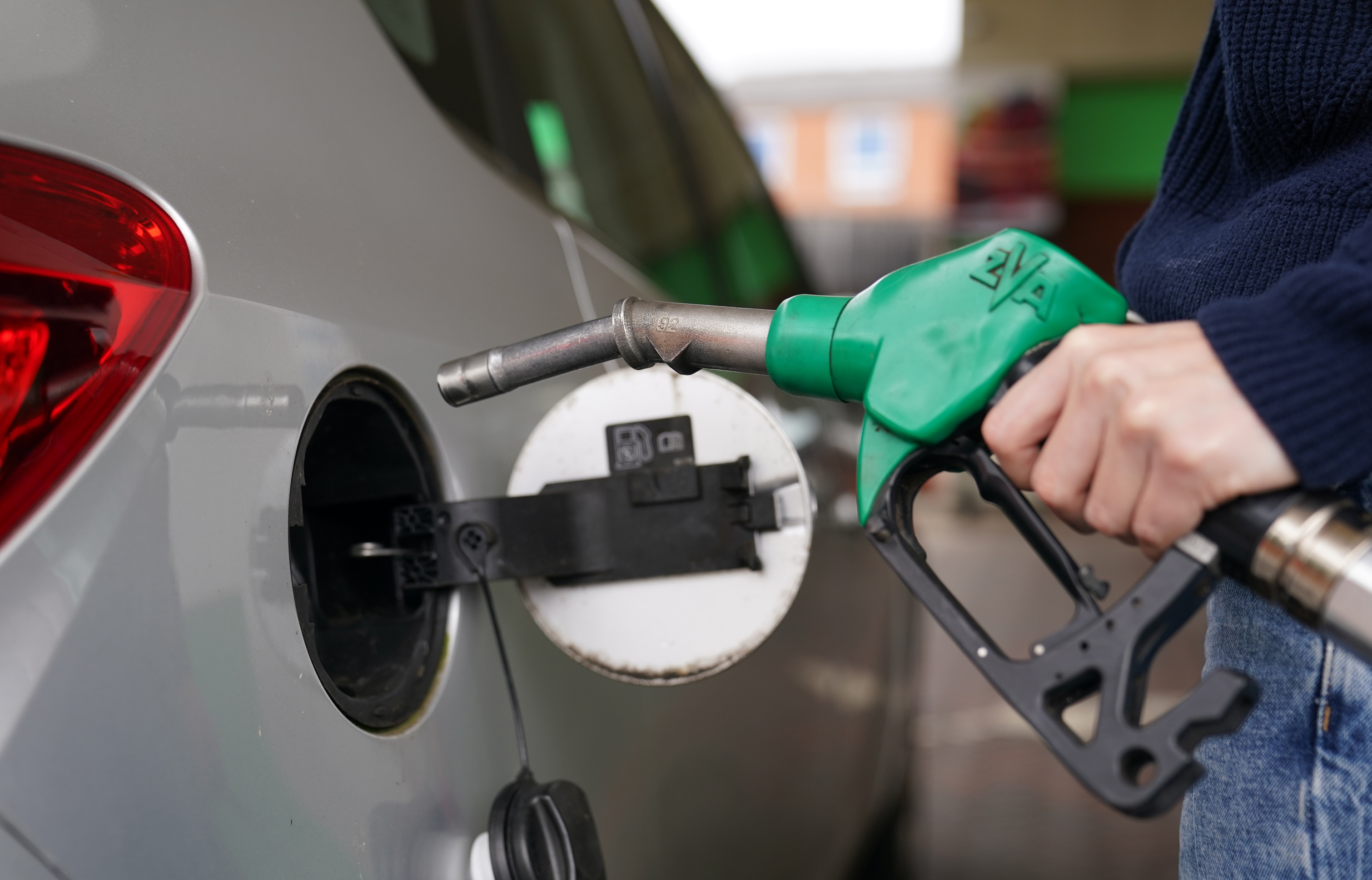
Filling up your car with fuel might only take a few minutes, but when you add up the time you lose by queuing for the fuel, refuelling and then paying, it extends precious minutes you may not be able to recoup back.
To prevent yourself from losing track of time, it’s better to fill up your car with fuel the evening before you’re due to head off. Not only that, but if when driving and you find yourself low on fuel, an unfamiliar area may cause you to become lost which can then lead to stress, anxiety or even rows with your passengers.
Set off early in the morning

When driving on the road for a long time, it’s better to set off in the early hours of the morning rather than mid-day as there will be less traffic and the roads will be easier to navigate.
Also, with fewer cars on the road it means that your travelling time can be significantly reduced due to no traffic jams and accidents – meaning there’s less chance of any stress or panic you may encounter.
Look for shortcuts
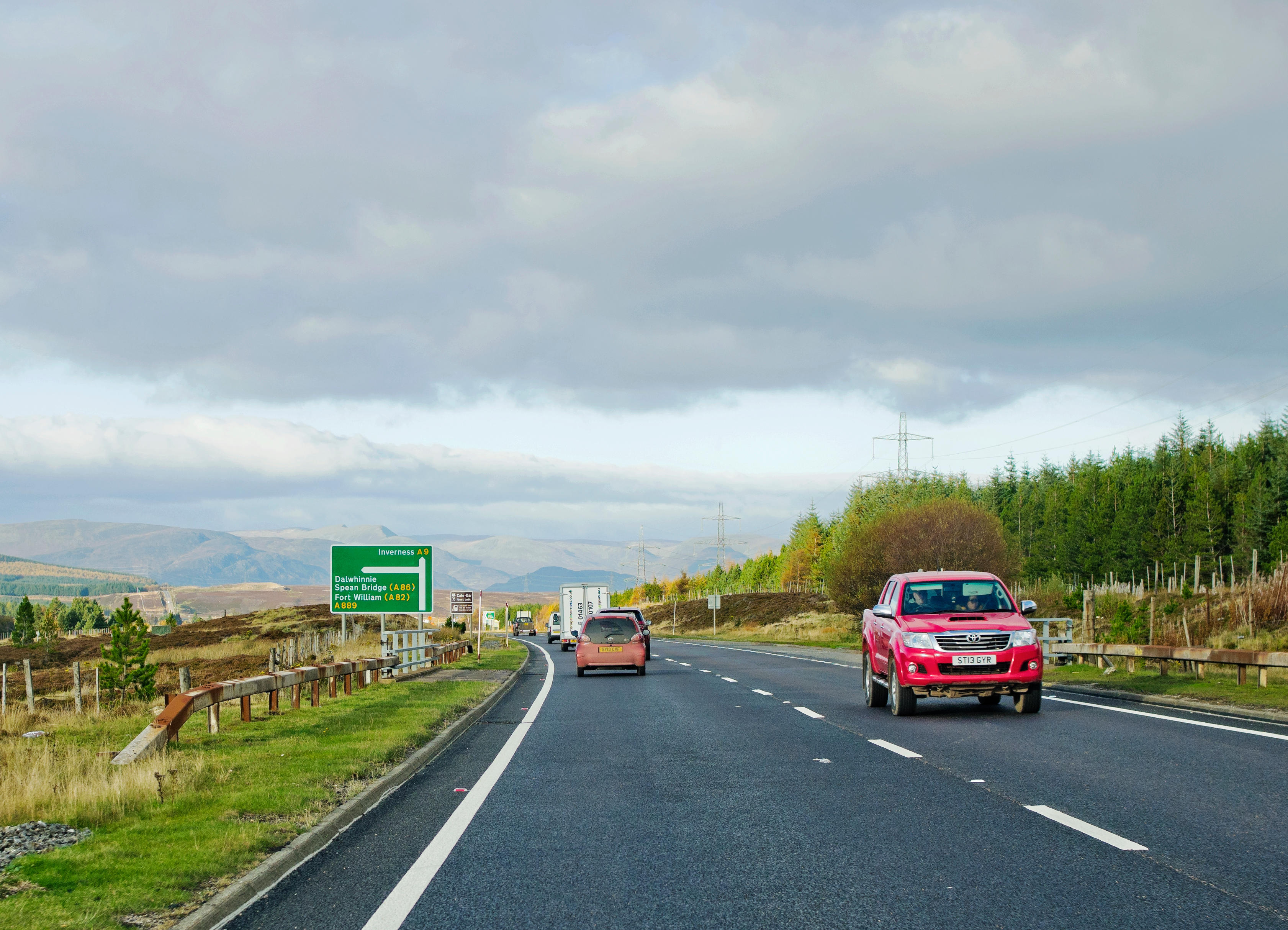
Planning a journey can take time, but use that time wisely as finding some shortcuts can shave a lot of time off your trip.
Look to see if there are any smaller B roads that cut through towns and villages, or there might be dual carriageways that can skip past busy town centres – meaning you bypass all the traffic and don’t run the risk of arriving late to your destination.


